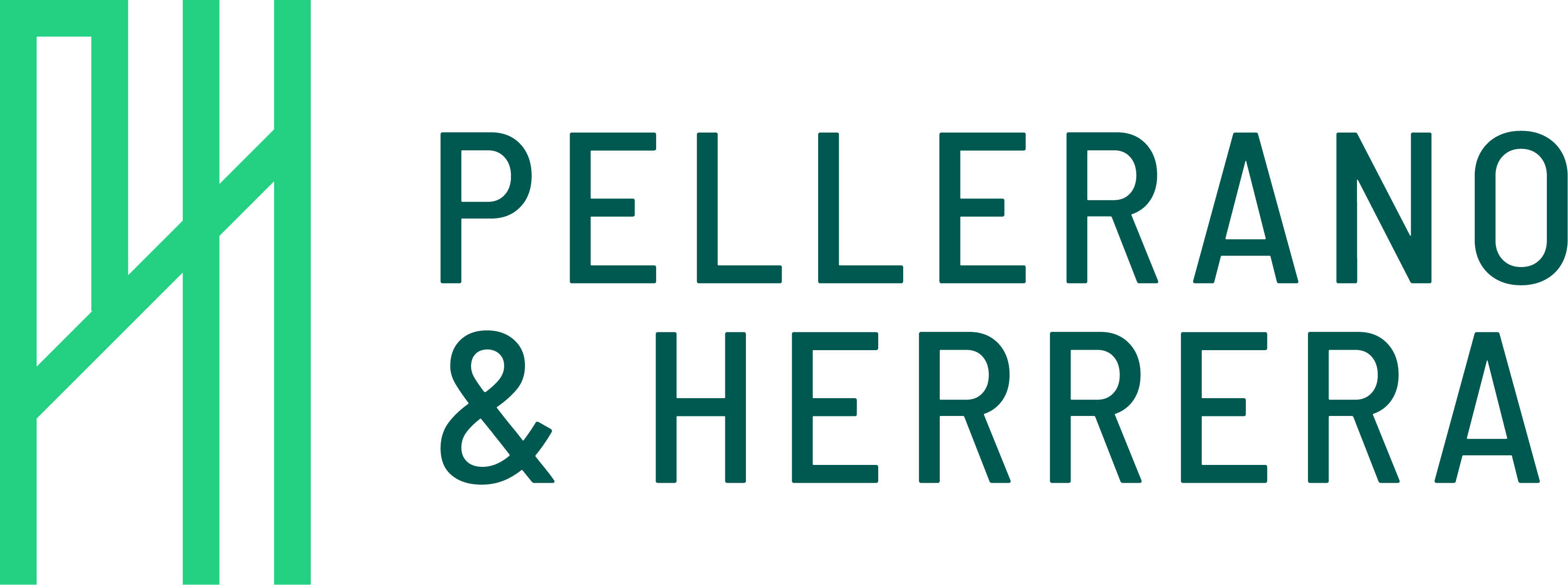Inheriting Assets in the Dominican Republic
If a foreigner or Dominican citizen living abroad suffers the loss of a relative who lived in the Dominican Republic and left assets behind such as real estate, bank accounts, among others, many emotional and legal concerns will arise. What will happen with the assets left behind by my relative? How will the assets be divided? Is the process of dividing these assets long and expensive? I live far away and do not know how to begin, must a lawyer carry out this process or can I do this personally? These inquiries are those that commonly arise.
If you are facing this situation, a close relative has died and has left behind assets in the Dominican Republic, the first step to divide these assets is to determine those who will inherit. This process is called Heir Determination. After this first phase has been completed, process which may take between 6 to 12 months, the second phase will consist in dividing the assets among the heirs, process which is known as Asset Partition.
When carrying out an Heir Determination procedure and an Asset Partition, in some cases, conflicts and disagreements may arise amongst the heirs regarding the equality in the distribution of the assets. This is precisely where legal advice is necessary and where the Dominican Civil Code establishes an order of those who inherit regardless of what each person considers.
According to Law 2569 regarding inheritances and donations, the order of those who can inherit is as follows:
1. Descendants: sons and daughters
2. Parents and siblings
3. Ancestors: grandparents
4. Collaterals: uncles and aunts
5. Spouse
6. The State
As depicted in the list mentioned above, the inheritance is distributed equally among the surviving family members belonging to the highest order. For example, if the deceased had children, they will inherit first. If the deceased did not have any children, then the deceased’s parents and siblings will inherit first.
Dominican law has established a legal reserve which corresponds to the children and parents of the deceased. This legal reserve serves to protect the children and parents in the event the deceased leaves a will or testament that excludes them from inheriting and instead provides special preference to other relatives or friends. If this is the case, the legal reserve for the children and parents of the deceased will provide 50% of the total inheritance. If two children were left the legal reserve will cover 66% and if those who inherit are three or more children 75%. Is very important to have this clear, since Asset Partitions turn complex when a will or testament is involved.
It is also important to clarify that the spouse of the deceased does not inherit. As you can see in the list depicted above, spouses do appear as number 5 in the list of those who inherit, only if the deceased does not have any other relative listed between 1 and 4. We daily see
common cases when someone dies and the heirs are both the spouse and descendant child. In this case, they will each receive 50% of the total inheritance, however, the reason why the spouse will receive 50% of the deceased’s total assets is not because he or she inherits but because of the community property regime. If the spouses signed a prenuptial agreement, the community regime does not apply reason why the spouse will not receive 50% of the total assets.
In order to complete this process efficiently and to the heirs’ satisfaction, it is important for all of the heirs to agree in carrying out both the Heir Determination and Asset Partition. But in reality this scenario rarely occurs. In fact, in most cases the process is complicated because not all the heirs agree on the distribution of the inheritance and sometimes people who were not recognized as legitimate descendants claim their part as heirs generating conflicts with others.
In the scenario that all heirs agree, a friendly Asset Partition proceeds. For this process, all heirs must be present and should have legal capacity (of legal age) and act jointly in all legal actions required for the process.
However, when there are minors and absent heirs who do not agree with the process, the process that will apply is a judicial Asset Partition. In this case a judge will be the person who determines the heirs (previously providing sufficient evidence, such as birth certificates) and how the assets will be divided. Normally this process is longer and more expensive since more steps and legal documents must be done and delivered.
For the Heir Determination, in addition to the legal documents that must be provided, inheritance taxes must also be paid. A tax payment of a 3% of the total assets inherited must be paid to the Dominican Internal Revenue Office (DGII). This percentage applies for Dominicans, while foreign heirs and Dominicans living abroad must pay an additional 50%, totaling 4.5% of the deceased’s total assets. Without the payment of these taxes the assets will not be transferred under the heirs’ names.
As briefly described in this article, Heir Determinations and Asset Partitions are considered complex, tedious and quite delicate.. We strongly recommend that families reach a peaceful agreement and receive advice from an attorney to undertake the necessary legal steps in order to avoid wasting time and unnecessary expenses.

